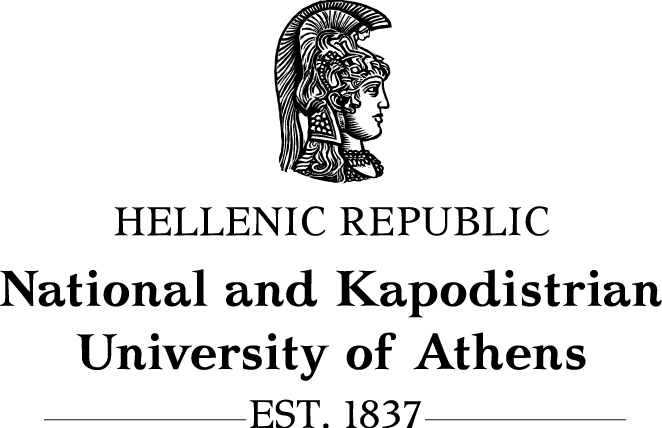MATHEMATICS II
Compulsory Course - 2nd Semester (Spring 1st year) | Course ID: 018 | E-Class
Lecturer
Language of instruction
Greek and English
Course description
The aim of the course is to introduce the mathematical tools of differential equations, calculus of variations, stability theory and optimal control, which are used in economics. The material is at an advanced level covering gaps and details not taught at the undergraduate level.
Course contents
- Introduction to Differential Equations
- Differential equations of separable variables
- Homogeneous Equations
- Exact Differential Equations
- Linear 1st order.
- Bernoulli Differential Equations
- Solow model
- Linear Higher-Order
- Introduction to the calculus of variations
- Systems of Differential Equations
- Phase space
- Stability Theory
- Isoclines
- Sign Stability.
- Stability of Nonlinear Dynamical Systems
- Nonlinear IS-LM Model
- Introduction to Optimal Control
- Maximum Principle
- Optimal Control in Economics
- Dynamic Programming
- Hamilton-Jacobi-Bellman equation
- Optimal Control through Dynamic Programming.
Bibliography
- Sydsaeter, Knut, and Peter Hammond, Essential Mathematics for Economic Analysis, Prentice-Hall, 3rd edition, 2008.
- Lecture notes
- Shone, Ronald, Economic Dynamics, Cambridge University Press, 2nd edition, 2002.
- Chiang, Alpha C. and Kevin Wainwright, Fundamental Methods of Mathematical Economics, Mc Graw Hill, 4th edition, 2004.
Assessment
The course is assessed at the end of the semester by written examinations. Students are assessed on their understanding of key concepts, critical thinking and analysis and their ability to research, analyse and solve problems. Assessment criteria are communicated to students and posted on the course e-class platform.
